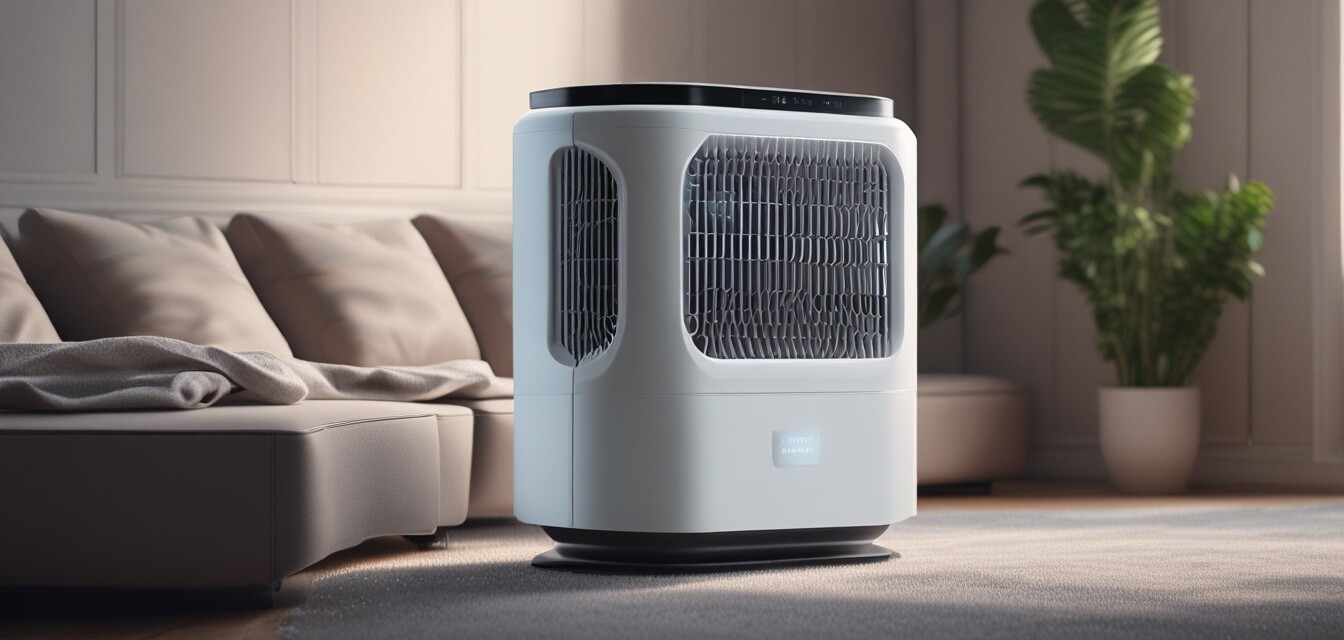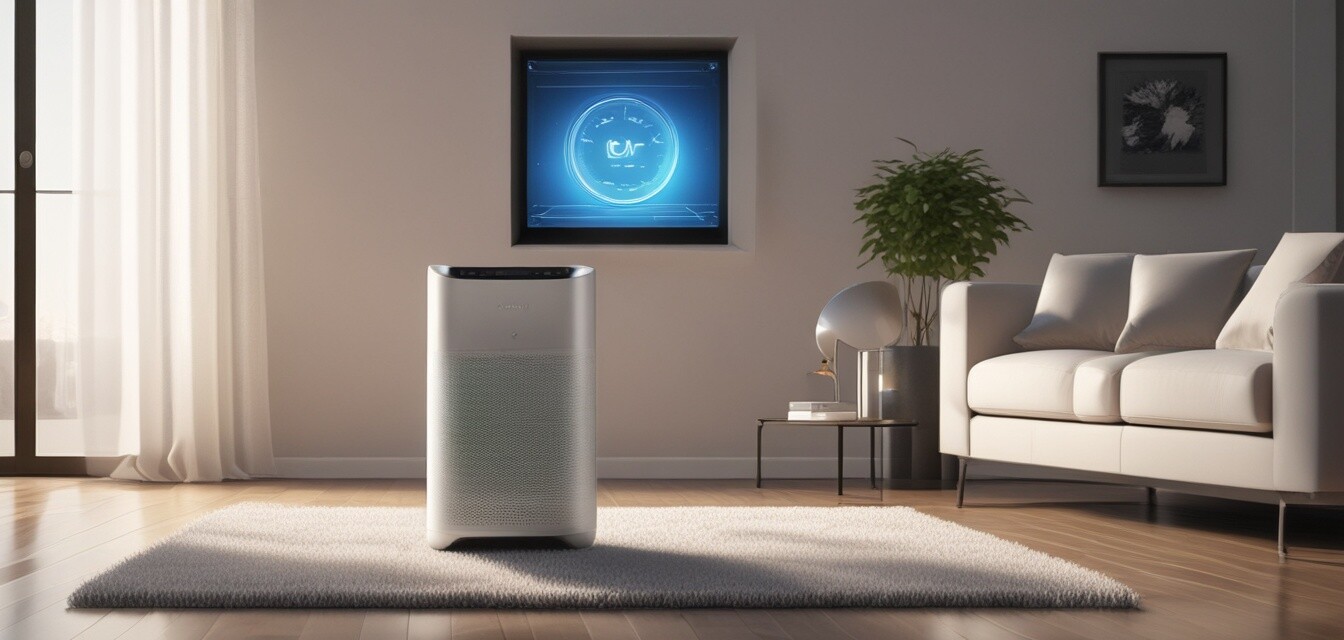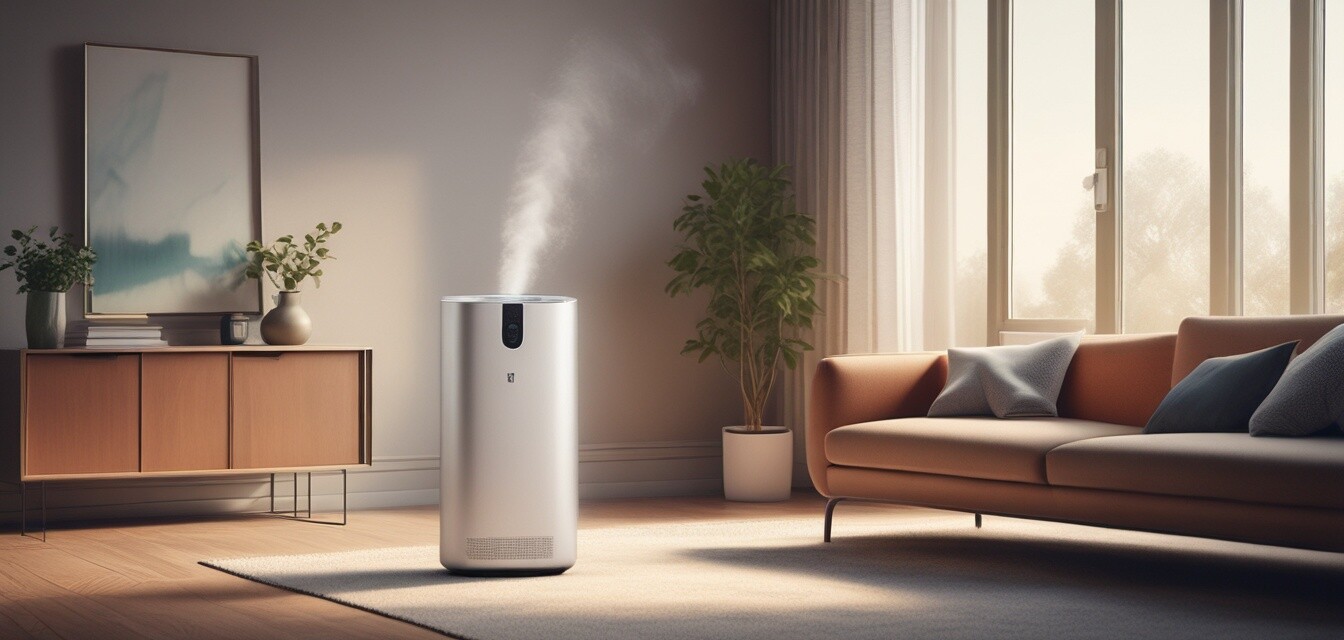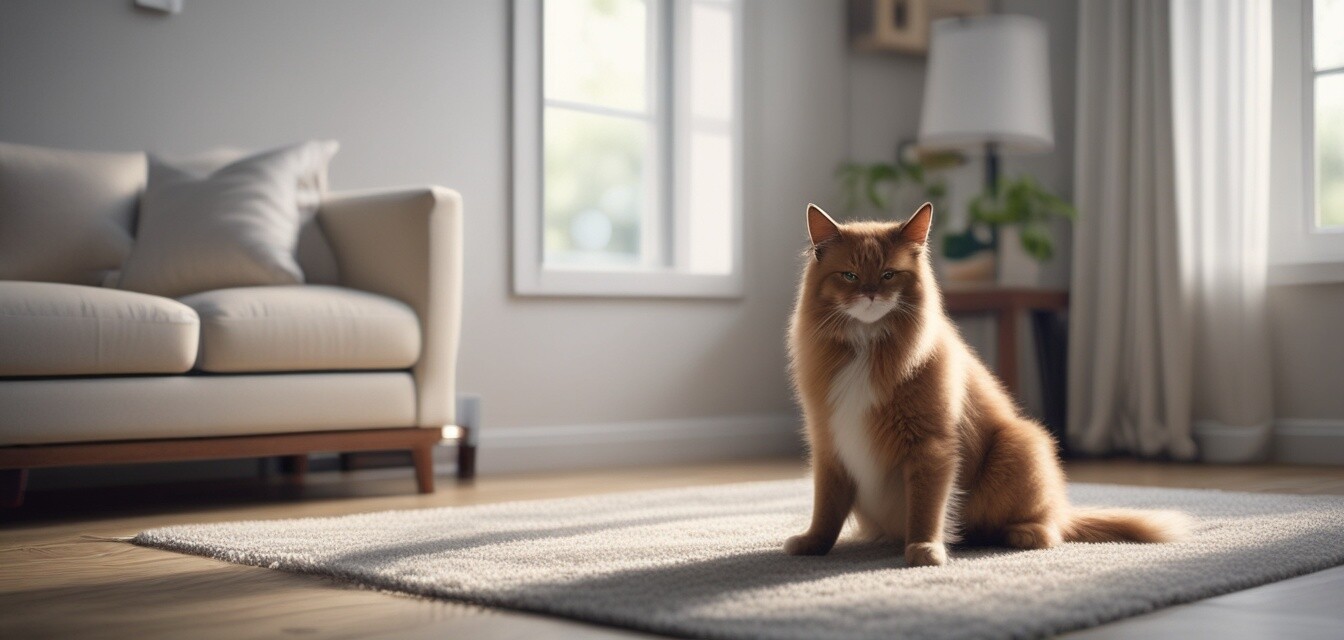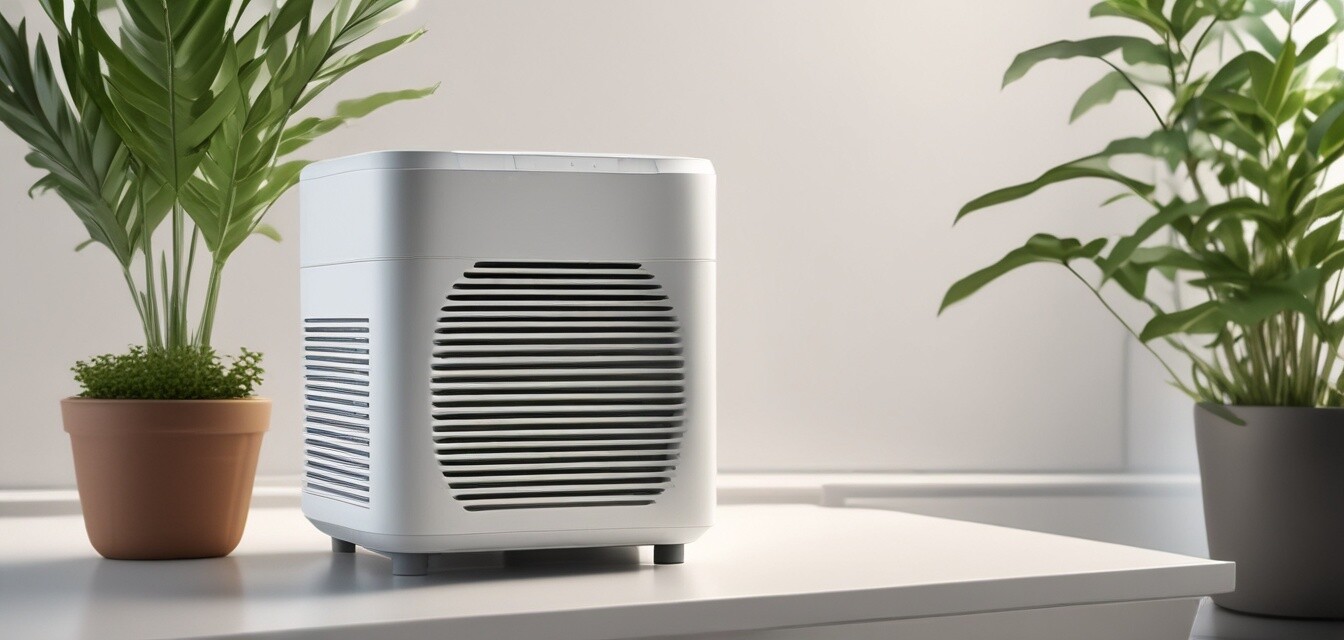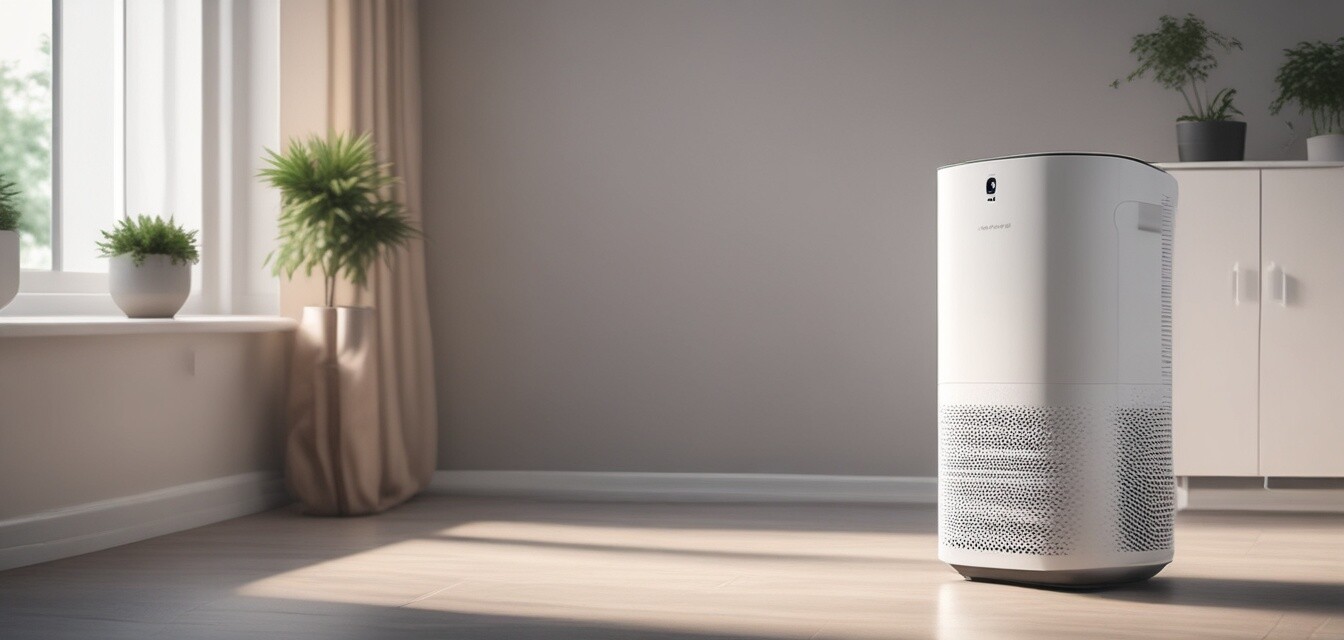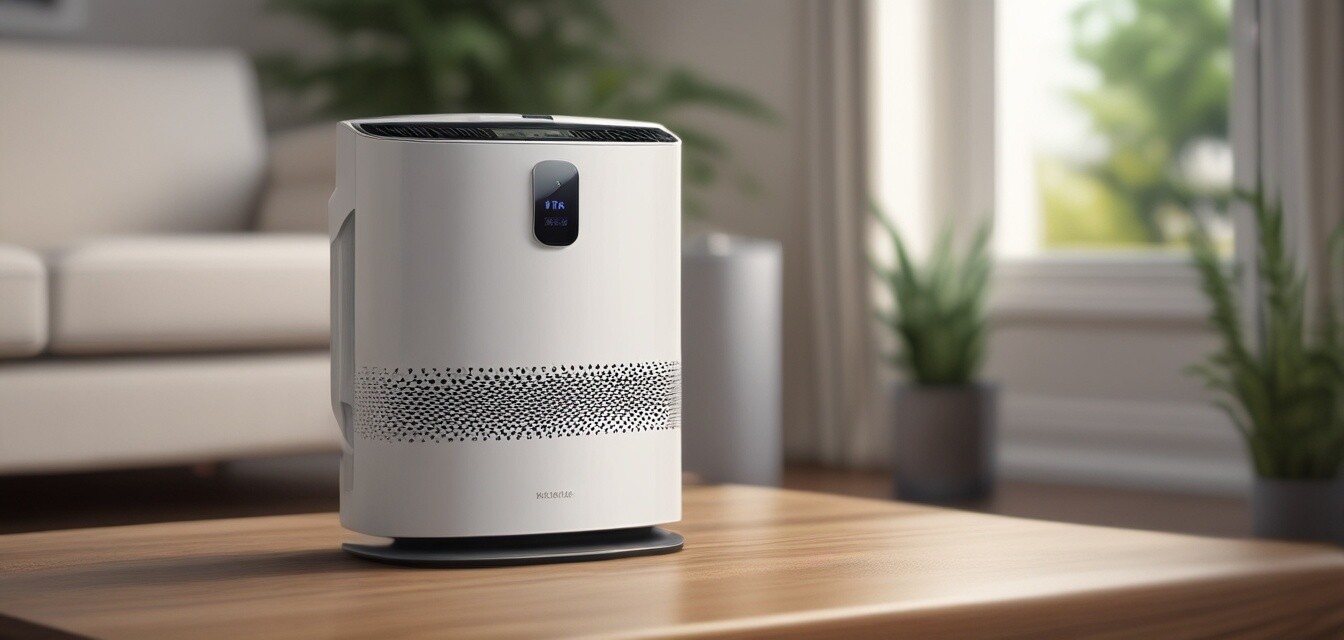
Energy Efficiency and Air Purifiers
- Understanding energy consumption is crucial for choosing the right air purifier.
- HEPA air purifiers can vary in efficiency based on their design and usage.
- Regular maintenance significantly improves efficiency.
- Room size and air changes per hour (ACH) matter for optimal performance.
In today’s eco-conscious world, energy efficiency is more than just a buzzword; it’s a necessity. When purchasing an air purifier, understanding its energy consumption is essential not only for managing your electricity bill but also for reducing your carbon footprint. This article delves into the energy efficiency of air purifiers, discussing various factors that influence consumption and providing tips to enhance efficiency.
How Air Purifiers Work
Air purifiers are designed to filter airborne particles like dust, pollen, and smoke from the atmosphere inside your home. They function utilizing different technologies, most notably:
- HEPA Filters: High-efficiency particulate air filters that trap particles as small as 0.3 microns.
- Activated Carbon: Absorbs odors and volatile organic compounds (VOCs).
- UV Light: Destroys microbial contaminants.
- Ionizers: Release charged ions to attract and trap particles.
Understanding Energy Efficiency Ratings
Air purifiers come with different energy efficiency ratings. Knowing how to interpret these ratings can save you money in the long run. Here are some essential terms:
| Term | Description |
|---|---|
| Energy Star Certified | Indicates that the product meets strict energy efficiency guidelines set by the EPA. |
| CADR | Clean Air Delivery Rate – measures the volume of filtered air delivered by the purifier. |
| Wattage | The total electricity consumed by the air purifier. |
Factors Affecting Energy Consumption
Several factors influence how much energy an air purifier consumes:
- Filter Type: HEPA filters are generally more energy-efficient, while UV filters consume more energy.
- Fan Speed Settings: Higher speed settings use more power. Choose an air purifier that has multiple fan settings.
- Room Size: An air purifier that’s too small for the room will work harder, increasing energy consumption.
- Frequency of Use: Using your air purifier continuously can lead to higher energy bills.
Comparison of Air Purifier Types Based on Energy Efficiency
| Type | Energy Efficiency | Typical Wattage |
|---|---|---|
| HEPA Air Purifiers | High, especially portable models | 30-100 W |
| Activated Carbon Purifiers | Moderate | 15-90 W |
| Smart Air Purifiers | High, with automation features to optimize usage | 20-80 W |
| UV Air Purifiers | Lower relative efficiency | 40-120 W |
Tips for Improving Energy Efficiency
Beginner's Tips for Using Air Purifiers Efficiently
- Regularly change or clean filters as recommended by the manufacturer to maintain optimal performance.
- Use your air purifier in smaller rooms to maximize efficiency.
- Strategically place your air purifier away from walls and furniture to ensure unobstructed airflow.
- Utilize the timed settings to reduce usage during the hours you are not home.
- Monitor indoor air quality to adjust your usage accordingly and avoid running the purifier unnecessarily.
Conclusion
Understanding energy efficiency in air purifiers plays an essential role in choosing the right model for your needs while minimizing energy consumption. By being informed about different features and how to use your device efficiently, you can enjoy clean air without breaking the bank. Explore our HEPA Air Purifiers or consider Activated Carbon Air Purifiers for energy-efficient options suitable for your home.
Pros
- Improved air quality for health and comfort.
- Energy-efficient options are widely available.
- Multiple technology selections fit different needs.
Cons
- Some high-efficiency models can be costly upfront.
- Maintenance and filter replacements can add to the expenses.
Frequently Asked Questions
Do air purifiers consume a lot of electricity?
Most air purifiers are designed to be energy-efficient. The average consumption ranges based on the model, with many operating between 20 and 100 Watts.
How often should I run my air purifier?
It largely depends on air quality and the specific model. Regular use can aid in maintaining clean air, but running it continuously may not always be necessary.
What size air purifier do I need for my home?
Consider the square footage of the space where it will be used. Each model will have a suggested coverage area to safeguard efficiency.
